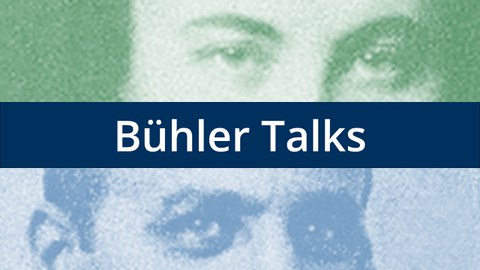18.12.2024; Kolloquium
Bühler-KolloquiumS. Kiebel: Bayesian insights into rapid decision-making: The computational principle of contextual inference
TU Dresden
Professur für Kognitive Computationale Neurowissenschaft
Abstract
It is remarkable that humans can make complex routine decisions with potentially far-reaching consequences, in just a few hundred milliseconds. From machine learning, we know how difficult it is to achieve such rapid computation of flexible behaviour. How do our brains generate these fast yet flexible decisions? One way of addressing this question is to build a computational model of the underlying processes. In our approach, we make the key assumption that contextual inference is the basis for computing context-specific behaviour. We implemented this assumption within the active inference framework and derived a Bayesian contextual control model. Using this model, we successfully replicated canonical experimental results in habit learning, goal-directed control, and cognitive control. Furthermore, this model explains seemingly counter-intuitive findings in motor control learning. Collectively, these results point at a fundamental computational principle, contextual inference, which explains how humans achieve both speed and flexibility in everyday decision making.

